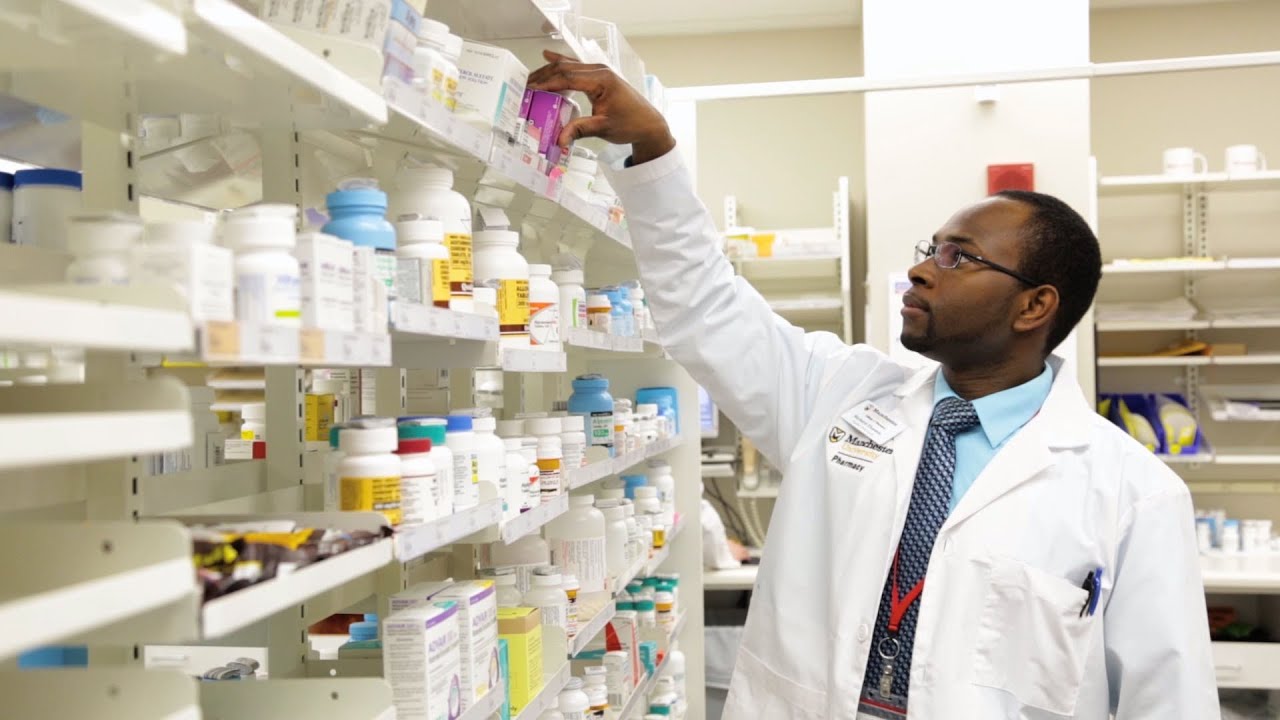Share this Post
Pharmacy is a highly respected profession in Nigeria, and its study is rooted in a comprehensive academic curriculum.
The journey begins in the 100 level, where foundational courses are offered to prepare students for advanced studies.
This article outlines the core and elective courses that pharmacy students typically encounter in their first year of study across Nigerian universities.
Overview of Pharmacy Education in Nigeria
Pharmacy education in Nigeria is regulated by the Pharmacists Council of Nigeria (PCN). The curriculum emphasizes a blend of foundational sciences, general education, and introductory pharmacy courses to build a solid knowledge base.
Core Courses for 100-Level Pharmacy Students
Here are some of the key subjects commonly taught:
- General Chemistry
Focuses on atomic structure, periodicity, chemical bonding, and stoichiometry.
Labs provide hands-on experiments to understand chemical properties and reactions.
- General Biology
Covers cell biology, genetics, and the basics of human anatomy and physiology.
Prepares students for advanced courses in biochemistry and pharmacology.
- Physics for Health Sciences
Introduces concepts of mechanics, optics, and thermodynamics.
Focuses on applications relevant to biological systems.
- Mathematics
Includes calculus, algebra, and statistics tailored for scientific problem-solving.
Vital for understanding dosage calculations and pharmaceutical research.
- Use of English and Communication Skills
A general course aimed at improving written and oral communication.
Focuses on academic writing, grammar, and vocabulary.
- Introduction to Computer Science
Provides basic knowledge of computer applications and their relevance in healthcare and research.
Elective and General Studies Courses
Most universities include General Studies (GST) courses to develop well-rounded graduates. Examples include:
- Philosophy and Logic: Develops critical thinking skills.
- Nigerian Peoples and Culture: Offers insight into the nation’s cultural heritage.
- Entrepreneurship: Introduces students to business skills relevant to the pharmaceutical industry.
Laboratory Work and Practical Training
Hands-on lab sessions in chemistry, biology, and physics play a crucial role in the first year. Students learn essential techniques and safety protocols that are integral to pharmaceutical practices.
Challenges and Tips for Success
Challenges
Transitioning from secondary school to the rigorous demands of university.
Managing multiple laboratory sessions and theoretical courses simultaneously.
Tips for Success
Stay organized by creating a study schedule.
Form study groups to share knowledge and ideas.
Engage with lecturers and ask questions for clarity.
Conclusion
The 100-level courses in pharmacy are designed to build a strong academic foundation for future pharmacists in Nigeria. They encompass a mix of sciences, humanities, and practical sessions, ensuring that students are well-prepared for the challenging yet rewarding journey ahead.
Embarking on this journey requires dedication, focus, and a willingness to learn, as these early courses lay the groundwork for a successful career in pharmacy.
Frequently Asked Questions
Are 100-level Courses in Pharmacy the Same Across all Universities in Nigeria?
While the core courses are generally similar because of PCN guidelines, specific universities may add unique electives or slight variations to their curriculum. It’s advisable to consult the curriculum of your chosen university for exact details.
Do Pharmacy Students Need Prior Knowledge of Practical Lab Work Before Starting 100-level?
No prior experience is required. The 100-level courses are designed to teach students laboratory techniques from scratch, ensuring everyone gains the skills needed for success in pharmacy practice.
Is it Possible to Change to Pharmacy after Starting a Different Course?
Yes, many universities in Nigeria allow students to switch to pharmacy, often based on excellent academic performance in related fields such as biochemistry or microbiology during the 100 level. Requirements vary, so students should confirm with their university.





